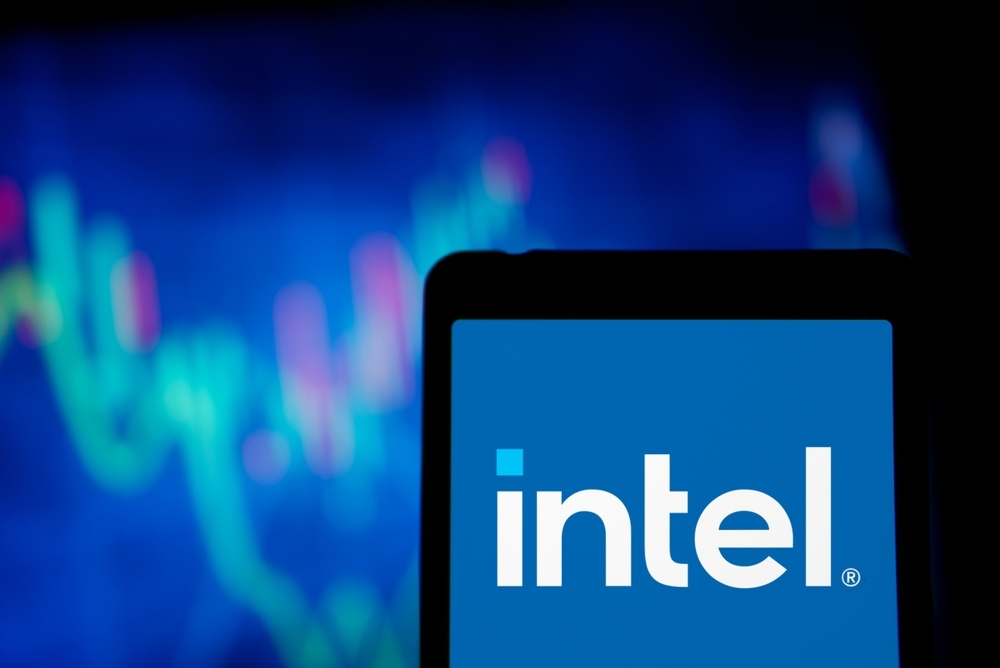终于迎来利好!英特尔与亚马逊签署多项芯片制造协议
英特尔与亚马逊签属一项价值数十亿美元的长期协议,为亚马逊Amazon Web Services(AWS)制作专属的AI芯片,并进一步巩固两家公司之间长达数年的合作关系。

英特尔与亚马逊的合作推动股价反弹
周二(9月17日),英特尔股价上涨近4%,这是自今年股价大跌60%以来少见的反弹。此次股价上涨主要受到英特尔与亚马逊签署多项芯片制造协议的刺激。
英特尔与亚马逊签属一项价值数十亿美元的长期协议,为亚马逊Amazon Web Services(AWS)制作专属的AI芯片,并进一步巩固两家公司之间长达数年的合作关系。
根据CFRA Research的高级股票分析师Angelo Zino的观点,这笔交易让英特尔在代工业务上建立了可信度,有助于其吸引更多外部客户,并强化英特尔在AI领域的竞争力。
芯片代工转型艰难
然而,尽管此次交易带来了一些正面效应,但分析师警告称,这不足以彻底扭转英特尔的困境。英特尔首席执行官Pat Gelsinger提出的芯片代工转型的策略虽然有助于长期增长,但截至目前,英特尔的代工业务仍然亏损严重。
亚马逊成为英特尔少数几个大型客户之一,但是若想在市场上真正站稳脚跟,英特尔必须要能吸引如英伟达和超微电脑这些拥有更大需求和更强大AI技术的客户,而这些公司目前都是台积电的长期客户。
推迟欧洲工厂建设计划
除了此次与亚马逊的合作,英特尔也宣布将推迟其在波兰和德国的芯片工厂建设,预计会暂停两年时间。
这一决策可能会使其获得德国政府约100亿欧元的补贴面临风险。尽管这项举措可能改善英特尔的现金流,并使其更加专注于美国市场,但对欧盟而言,这一决策可能引发不满。
根据AJ Bell的投资总监Russ Mould的说法,专注于美国芯片厂的策略可能在华盛顿获得更多的支持,并帮助英特尔维持与美国政府的紧密关系。然而,长期来看,英特尔是否能在全球市场中保持竞争力仍有待观察,特别是欧洲市场的反应将成为未来的挑战之一。
为代工业务设立独立子公司
为了进一步巩固代工业务,英特尔在周一(9月16日)宣布将成立一个全资子公司,专门处理芯片代工业务,并设立独立的董事会。
Moor Insights&Strategy的首席分析师Pat Moorhead表示,这一独立策略可能会化解一些潜在客户的疑虑,如苹果、高通或博通等公司对外包制造的担忧。
此外,若英特尔与亚马逊的合作进展顺利,未来亚马逊可能会将更多AI相关芯片的代工业务交给英特尔,如其Graviton处理器和AI训练芯片Trainium等,进一步扩展双方的合作范围。
精简业务,专注核心领域发展
除了代工业务外,英特尔还宣布将精简全球业务,计划在今年底前减少全球约三分之二的办公室数量,并削减产品线,专注于x86架构和AI领域。
这项措施是英特尔为了降低成本、提升竞争力的另一项重要策略。然而,专家认为英特尔的转型步伐过于缓慢,特别是在AI技术快速发展的背景下,英特尔需要加快步伐,展现其在AI市场的相关性。
过去几周,有关英特尔可能分拆或出售代工业务的传闻也甚嚣尘上,这显示出市场对英特尔未来的信心依然不足。
免责声明:本文观点来自原作者,不代表Hawk Insight的观点和立场。文章内容仅供参考、交流、学习,不构成投资建议。如涉及版权问题,请联系我们删除。